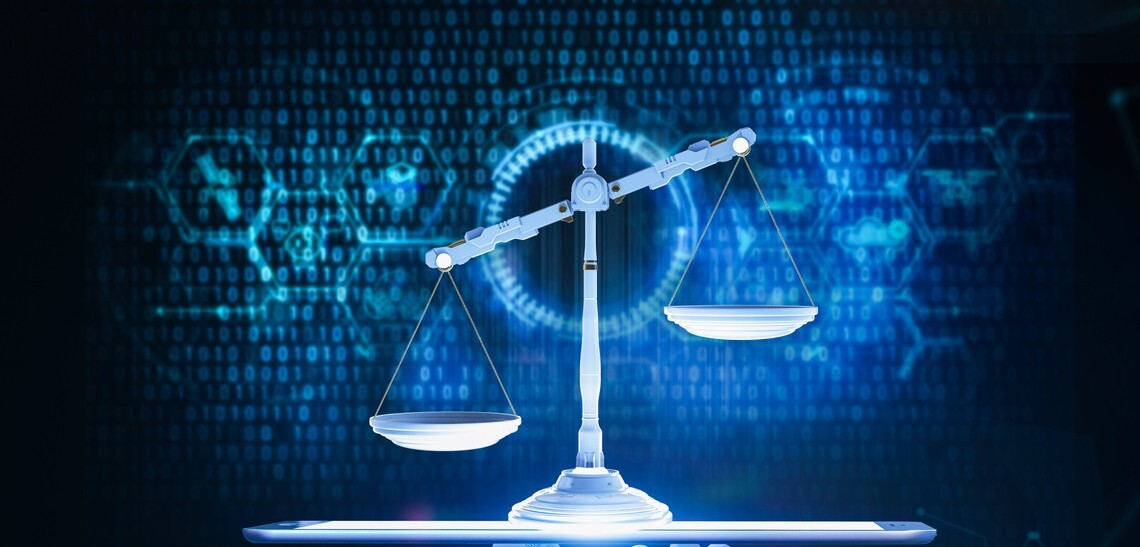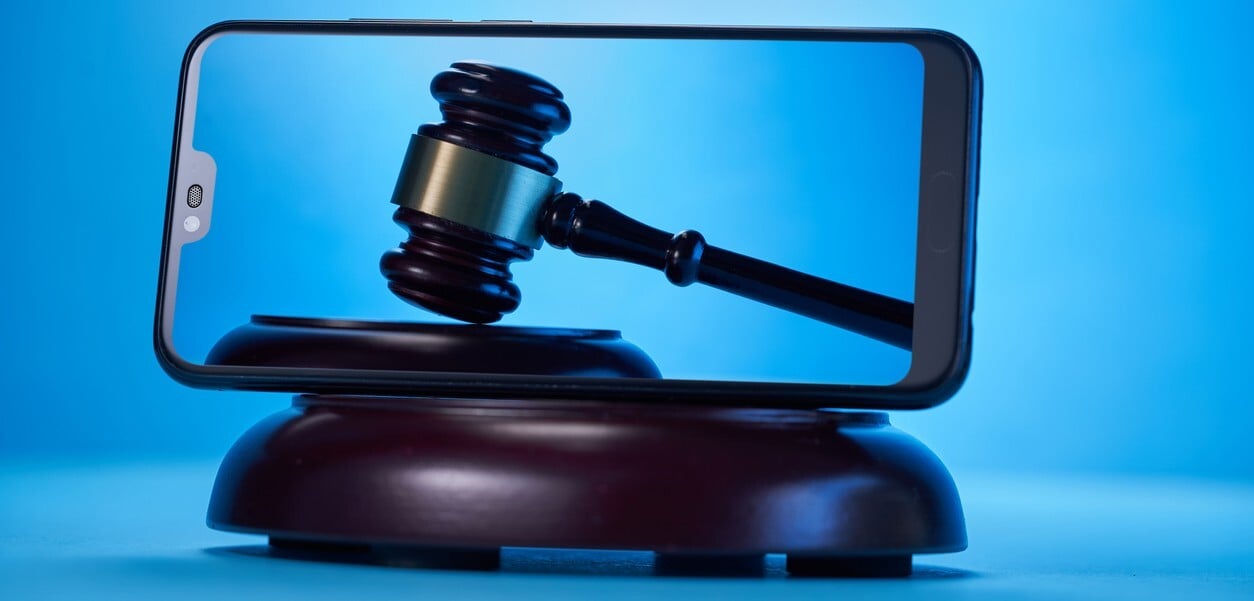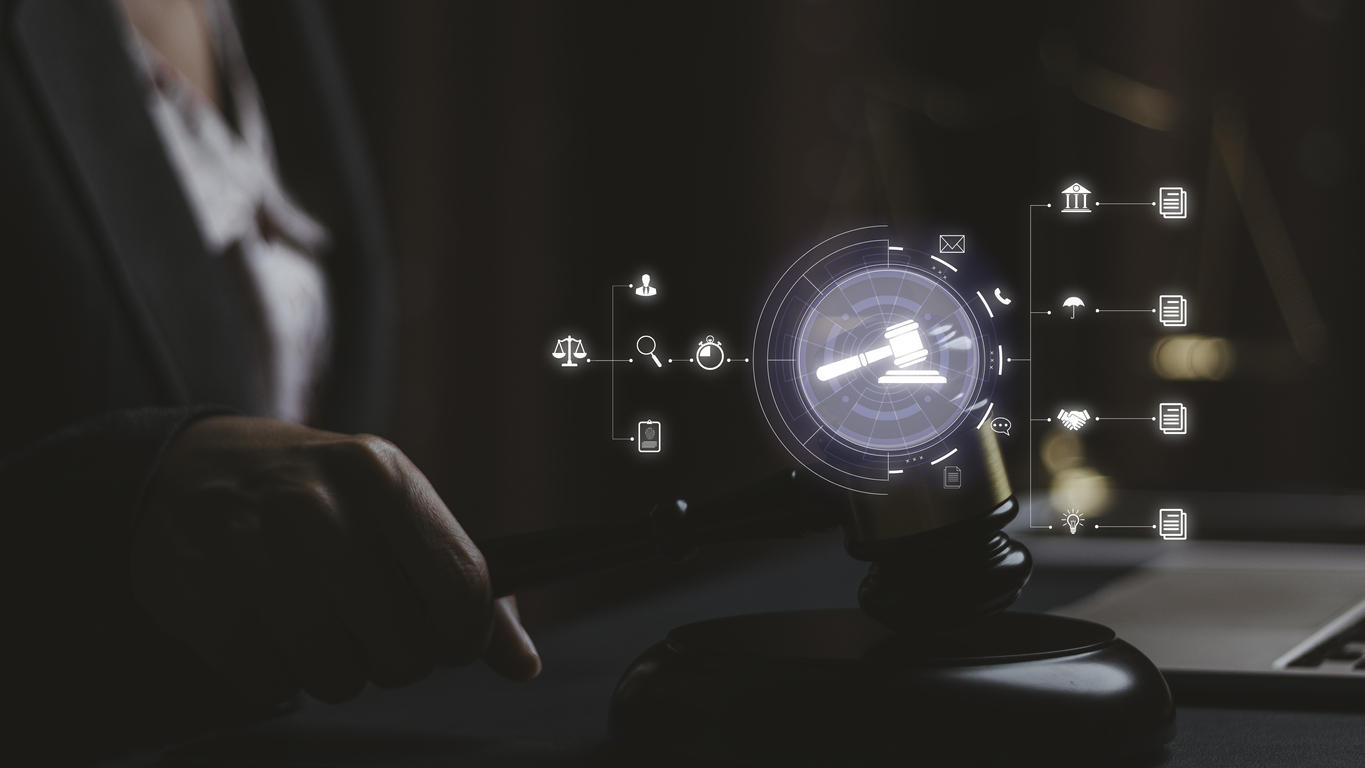In Part 1 of this series, we laid the groundwork for why eDiscovery matters. Now it’s time to get practical. Because once you’ve preserved the data, the real adventure begins.
eDiscovery 101: From Legal Hold to Production (Without Losing Your Mind)
Sep 23, 2025 9:44:17 AM / by Ray Biederman
Navigating the Complexities of Social Media Discovery
May 20, 2025 2:22:57 PM / by Matthew Bertsch
As digital communication evolves, social media platforms and short message data have become integral to modern litigation. Posts, comments, direct messages, and ephemeral content can serve as pivotal evidence, presenting unique legal and technical challenges in their collection, preservation, and review.
eDiscovery costs represent a substantial portion of litigation and investigation case budgets, often compounded by the unpredictable nature of data volumes and the varying pricing models offered by software and service providers. We recognize the need for clarity in this complex landscape, which is why we recently created an infographic aimed at breaking down the myriad costs associated with eDiscovery.
Short Message Data: Building Your Case with Legal Technology
Aug 7, 2024 9:00:00 AM / by Ryan Short
Short message data is an increasingly important source of evidence in litigation and investigations because so much communication takes place through sources like SMS and MMS texts and platforms like WhatsApp, Slack, and Teams.
Mobile devices like cell phones and tablets are a potential treasure trove of evidence. But conducting data collection and digital forensics from these devices may prove challenging, and the two most popular platforms in the world, Apple and Android, offer divergent challenges.
The landscape of eDiscovery is evolving rapidly, driven by the proliferation of short message data. This type of data encompasses messaging platforms beyond traditional email, such as texts, Teams, Slack, and many others. As these forms of communication become increasingly dominant in both personal and professional contexts, they bring unique challenges and considerations for litigation and investigations.
Americans love social media - about 9% consider themselves to be an influencer! In January 2024, the Pew Research Center reported that 83% of American adults use YouTube, 68% use Facebook, and 47% use Instagram. Most users have accounts on multiple platforms and many actively create content.
That all adds up to a whole lot of potentially discoverable data.
There’s More Than One Way to Lay a Foundation: Retrieving Short Message Data
Feb 8, 2024 9:04:00 AM / by Adam Arnold
More than 23 billion text messages were sent from cell phones daily in 2023. Consequently, the collection of messages will likely be a topic of conversation during a litigation or investigation. After balancing the issues of the case, the ability to obtain information from other sources, the potential relevance of cell phone data, and the time-consuming and costly nature of cell phone collection, collection may be needed.
Short Message Data Collection in eDiscovery: Challenges and Solutions for Lawyers
Dec 14, 2023 11:45:07 AM / by Ray Biederman
Surveillance cameras are ubiquitous these days. Whether captured on doorbell cams, car dashboards, in parking garages, or in businesses, video surveillance footage is often requested and highly sought-after by litigants attempting to prove their cases in court. But what happens when the opposing party fails to provide this valuable ESI?










